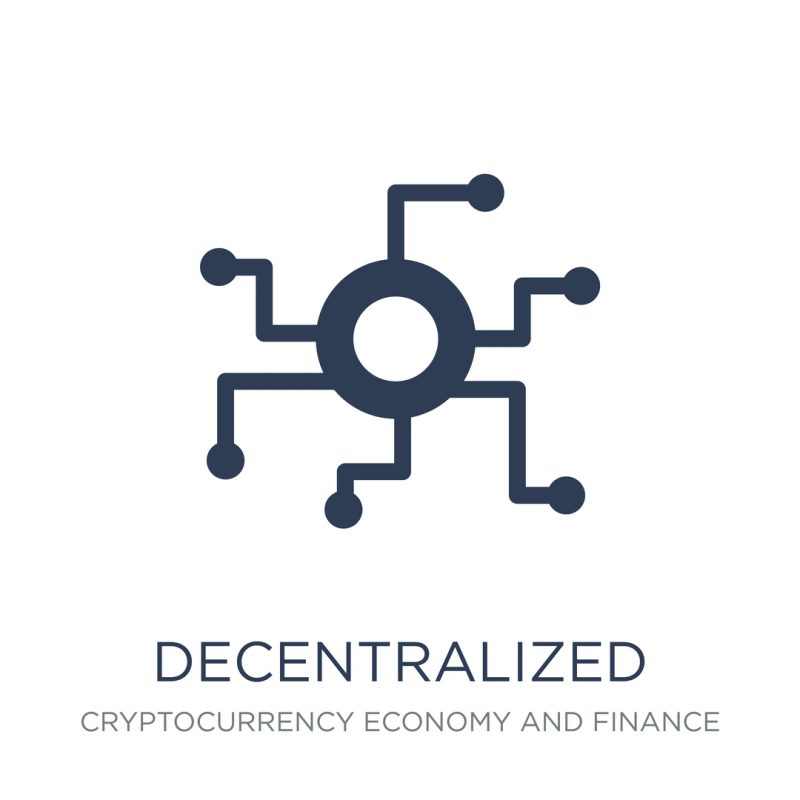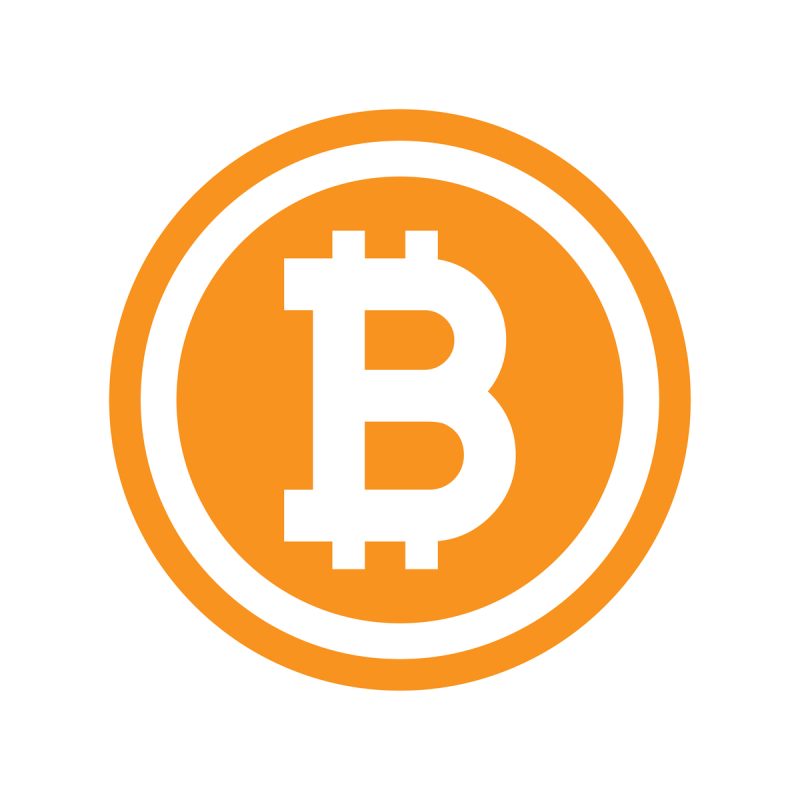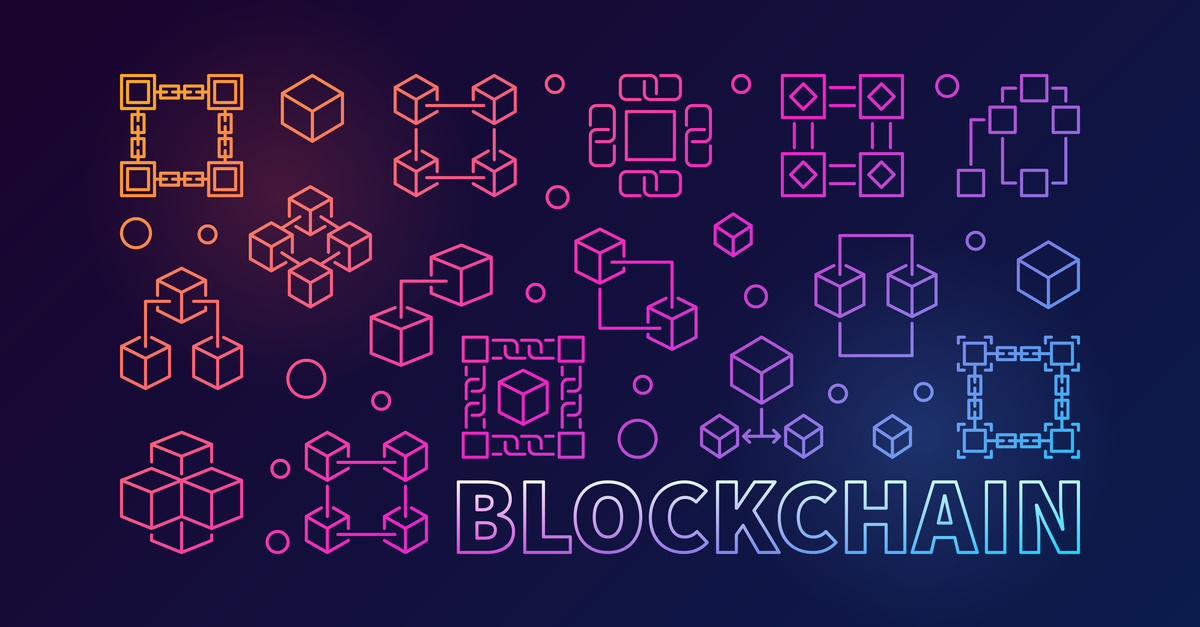Estimated reading time: 3 minutes
Everywhere you look, you’ll see the word, Blockchain. What’s the deal anyway? Blockchain is a decentralized financial system that is capable of recording transactions. Nobody owns the system and nobody can alter the rules. In the blockchain, there is no room for interpretation or misinterpretation. There should be a mechanism based on conditions and numbers, solely. The system exists because of the cooperation of all participants. The system is pretty transparent in nature. Nobody wants to share all of the information about their financial transactions with the world.
Similar to Google Docs, multiple users can view and edit a document simultaneously. Blockchains embody the same premise, making the super handy for verifying banking transactions, contracted adjustments and other collaborations of heavy materials. Blockchains are consensus-driven, meaning that to add to the ledger, changes have to be approved by the rest of the network. This is done by solving mathematical proofs and running the solution by the rest of the networking participants.
Decentralization & Distribution
- Bitcoin is designed as a peer-to-peer network where every node has its own copy of the database. This database stores information about accounts and transactions between those accounts.
- Ethereum is another distributed public blockchain network, but this one leverages blockchain technology differently than Bitcoin. Ethereum helps developers create decentralized applications. In this sense, it uses blockchain to run an application’s programming code.
The appeal of Blockchain networks for payment processing is huge. That being so, they settle and record transactions using a decentralized system that allows money to move directly between two trading partners. Many argue this eliminates the need for a middle-part, such as the Federal Reserve System to oversee the transaction. In theory, eliminating them would drive down the per-transaction cost. Blockchain networks provide an immutable, real-time public record of any transaction at any point in time. This makes it extremely tough for . hackers to commit payments fraud.
Security
No single entity, organization or company is in the possession of the blockchain, so nobody except the owner should manage funds. Bitcoin, the first blockchain implementation, cryptographically secure the data in the ledger. 
Anonymity & Availability
Blockchain only keeps numbers — addresses of wallets, blocks or transactions in its database. Anyone who has a password is able to access the wallet. Every block has to be confirmed by one of the nodes in that they are available in that network.
Blockchain Uses
Blockchain is utilized mostly in the financial industry. The leading cryptocurrencies are Bitcoin and Ethereum in this situation. Bitcoin, Ethereum and up to 1,000 more cryptocurrencies are changing the way we think about money. Blockchain was dove into the healthcare industry as well, briefly. By accessing medical records and transferring them electronically, this possesses some crypto tendencies as well. Technology may be considered as a new, highly effective and secure system for exchanging information between banks, healthcare services or applications distributed around the world.
Advantages of Blockchain as a Service (BaaS)
BaaS provides a way fro companies to develop a service, through blockchain development (step-by-step) through modules, coding, templates, design guidance and other user-friendly sites. An obvious advantage is that it eliminates the need for experience to build a blockchain from the ground up. On a subscription basis, a lower investment is required upfront. BaaS can assist with deployment (maintaining and scaling solutions). You can also leverage the providers’ security solutions through this ‘as a service’ sanction. Expanding upon that, there are several perks to becoming a blockchain developer as well: Early adopters are certainly providing a needed service in every industry.
Industries where Blockchain Dominates
| Healthcare | Billing & Repayment | Securely sharing research results | Traceability through the supply chain |
| Food Safety | Instantaneous responses to recalls | Database of certifications and inspections | |
| Government | Securing online voting | Issuing IDs | Registering Property |
| Education | Issuing and Recording Diplomas | Testing | Continuing Education Programs |
| Entertainment | Directly Connecting Artists and Fans | Online Payment for Performances | |
| Retail | Invoicing Payments | Managing Vendors | Reducing Frauds |
| Insurance | Transparency across all parties | Common database for records |

